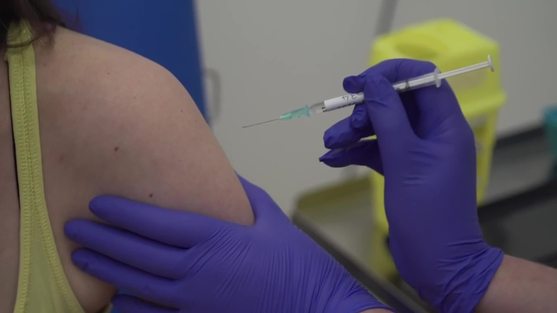The success of the Government’s shutdown measures to curb the spread of Covid-19 may hamper the process of gathering data to develop a vaccine, a scientist leading clinical trials has said.
Volunteers cannot be deliberately exposed to the virus due to the risk to their lives, meaning scientists have to wait until they encounter it in the community to record the results.
Professor Andrew Pollard, director of the Oxford Vaccine Group, said:
Of course there isn’t very much virus around in the community at the moment – the lockdown has had a big impact on transmission.
So it is difficult to predict exactly when they will meet the virus and it may be some months before that happens.”
So far just two volunteers are involved in the preliminary stages of human testing – one injected with a Covid-19 vaccine candidate and the other with a meningitis vaccine as a control.
Speaking on BBC Breakfast, Prof Pollard said because so little is known about Covid-19, scientists could not deliberately expose the volunteers to the virus.
He said:
You are potentially putting those people at risk and we know people who have had large exposure to the virus, some have become extremely unwell – including some young people.
At this moment we don’t have a treatment for coronavirus so we would have to do this extremely carefully.”
He said it would be many months before every stage of clinical trials has been completed, and then another huge task to scale up production to manufacture the volume of doses required to give herd immunity.
Speaking on Radio 4’s Today programme, Health Secretary Matt Hancock acknowledged the lockdown’s impact on the gathering of vaccine data.
But he said letting “the virus rip in order to test the vaccine” was not an approach that anybody would recommend.








